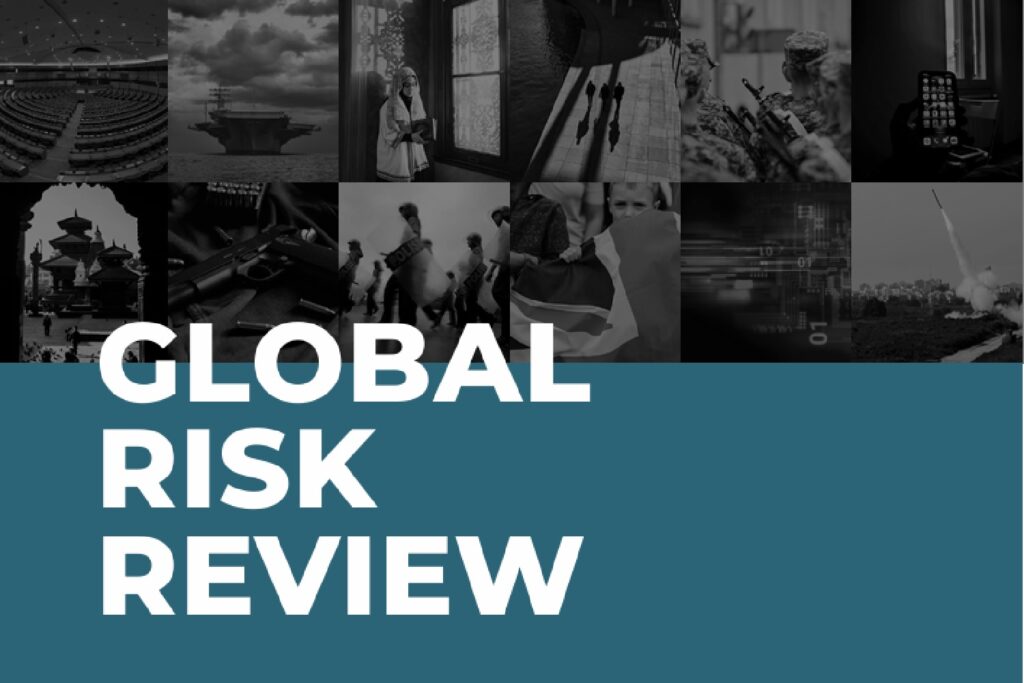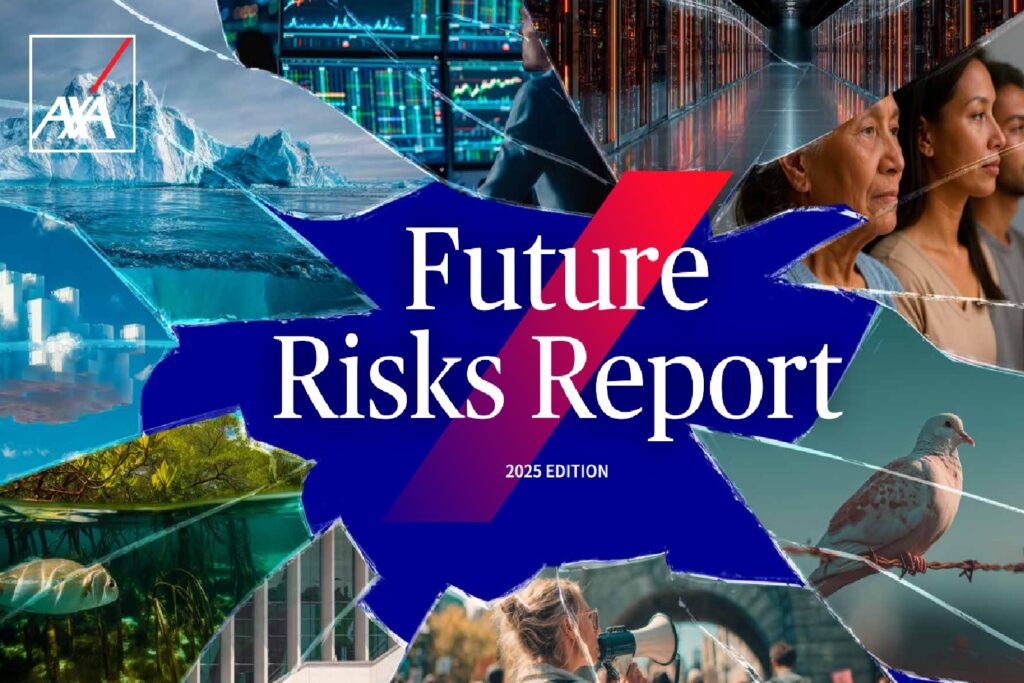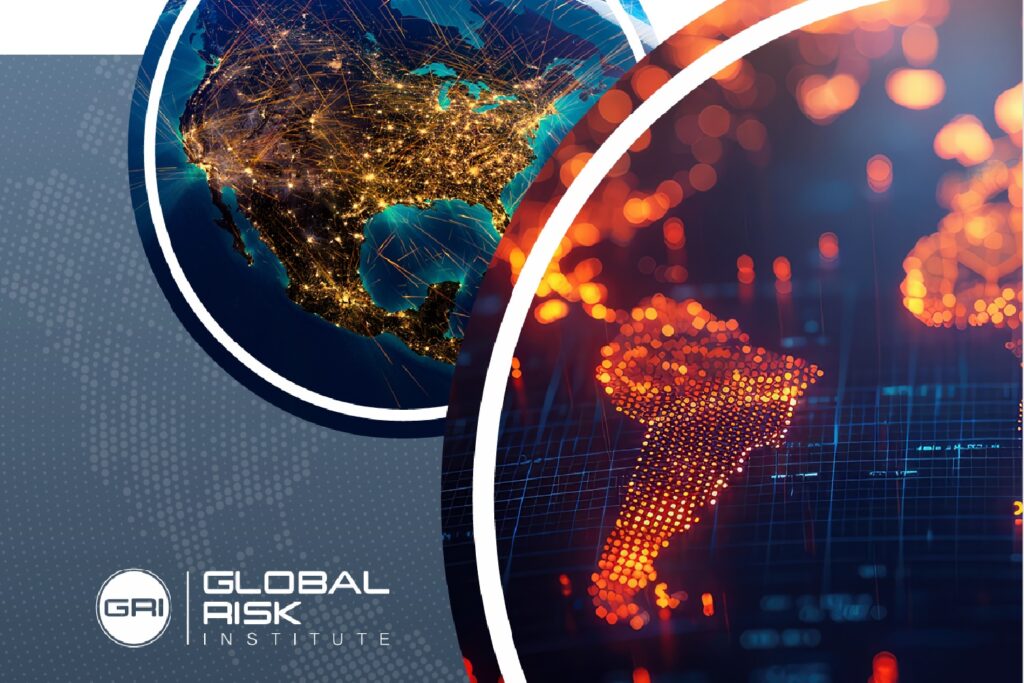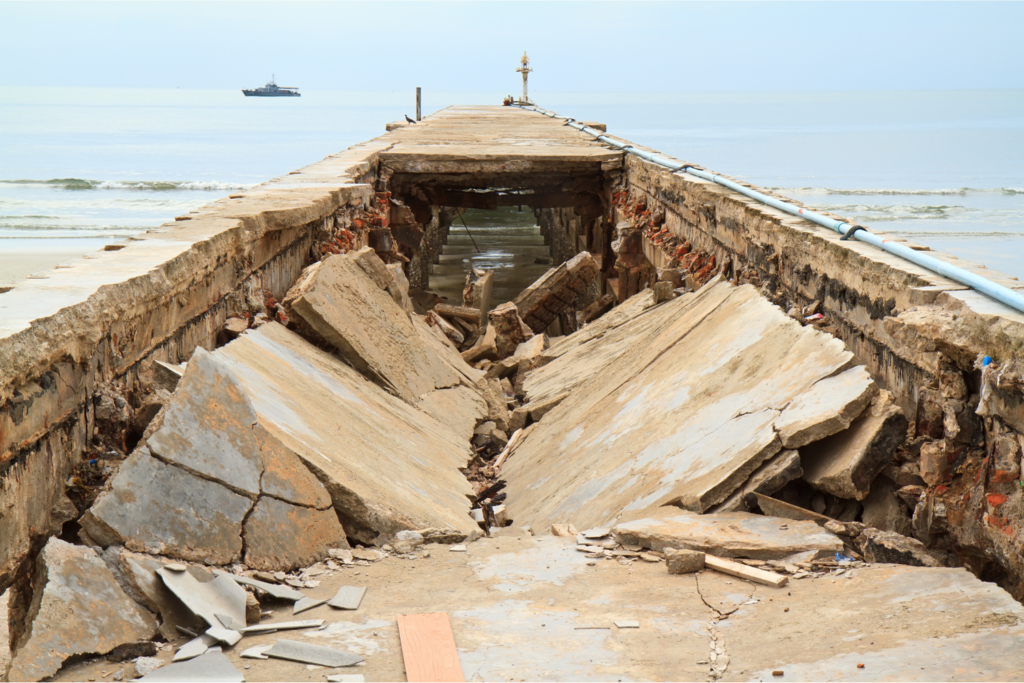Global Risk Review
The October Global Risk Review Report provides an analysis of emerging geopolitical, economic, and humanitarian risks, emphasizing the interconnected nature of contemporary crises. It examines rising political violence, institutional fragility, and regional tensions, with examples ranging from the assassination of U.S. political figures to youth-led protests in South and Southeast Asia. The report addresses strategic […]
Global Risk Review Read More »










